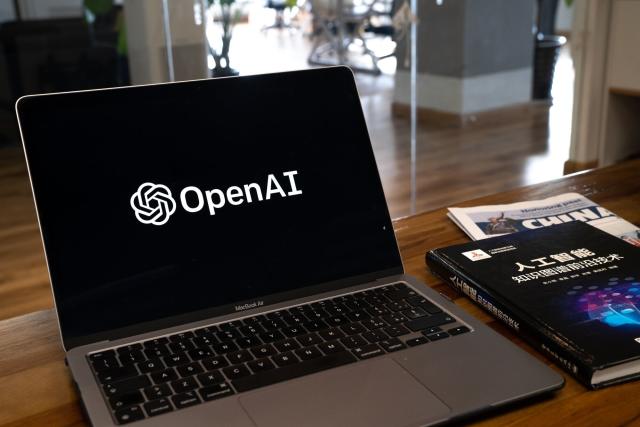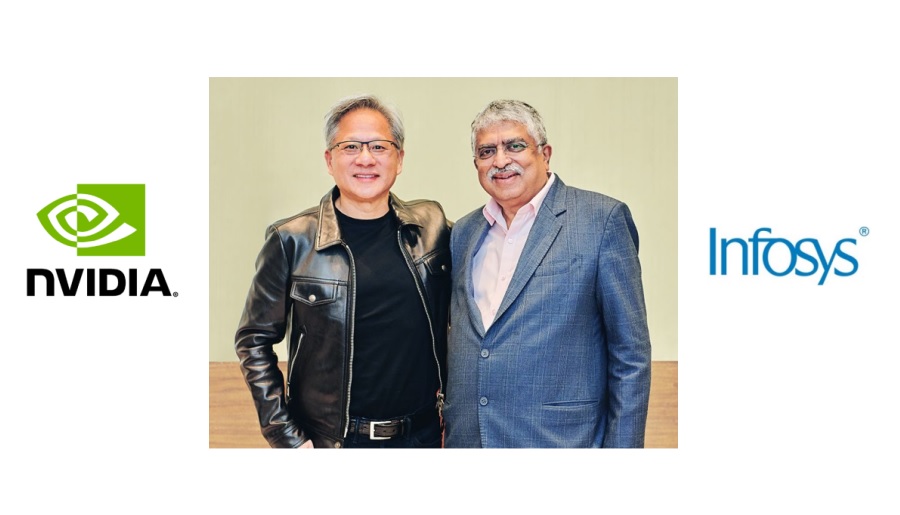OpenAI Seeks $90 Billion Valuation in Possible Share Sale, WSJ Says
In a move that could reshape the landscape of artificial intelligence (AI) development, OpenAI is reportedly in talks with investors regarding a potential share sale that could value the cutting-edge startup at a staggering $80 billion to $90 billion.

This groundbreaking development, revealed by the Wall Street Journal on Tuesday, cites insider sources familiar with the matter. The proposed deal, as disclosed by those close to the discussions, aims to allow existing OpenAI employees to cash in on their shares, rather than the company opting to issue new shares to generate additional capital. This strategic move not only provides a lucrative opportunity for OpenAI’s workforce but also positions the company as a key player in the fiercely competitive AI industry.
Representatives from OpenAI have already commenced discussions with potential investors, presenting the deal’s terms. However, it’s essential to note that the reported terms are subject to change, and negotiations are still in progress. The startup’s decision to opt for a share sale rather than conventional fundraising avenues suggests a unique approach to fueling its growth trajectory.
OpenAI, the brainchild behind the highly acclaimed ChatGPT, has been at the forefront of AI innovation, consistently pushing the boundaries of what is achievable in the field. The potential valuation of $80 billion to $90 billion is a testament to the company’s standing in the industry and its promise for future advancements.
While this move could signify a significant financial boost for OpenAI, it also raises questions about the company’s future plans and the potential impact on the development of AI technologies. Investors are likely to closely scrutinize the terms and conditions of the proposed share sale, evaluating the risks and rewards associated with investing in a venture of this nature.
As of now, OpenAI has not provided an official statement or response to queries from Reuters, leaving the industry and the public eager for further details. The outcome of these negotiations could potentially position OpenAI as one of the most valuable AI startups globally, shaping the trajectory of the industry and influencing the direction of future technological advancements. As the talks unfold, the tech world watches closely, anticipating the next chapter in OpenAI’s remarkable journey.

I am a law graduate from NLU Lucknow. I have a flair for creative writing and hence in my free time work as a freelance content writer.





